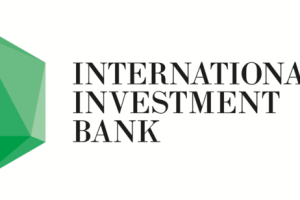Alătură-te comunității noastre!
Vezi cele mai recente știri & informații din piața de capital


Is this the beginning of a perfect storm? In July 2022, production in industry in real terms was down by 0.3% compared to the previous month on a price, seasonally and calendar adjusted basis, from an upwardly revised 0.8% MoM in June for the biggest economy in the Eurozone.
Over the last year, industrial production was down by 1.1%. According to the statistical office, the relatively small number of school holidays and holiday leave prevented an even larger decrease in production compared with July last year.
On a month to month basis, production in industry, excluding energy and construction, was down by 1.0%. Outside industry, energy production in July was up by 2.8% and production in construction by 1.4% from the previous month. Compared with developments in the second quarter, industrial production is down, while the construction sector shows some resilience.
High energy prices have become biggest concern
German industry is clearly suffering from disrupted supply chains on the back of the war in Ukraine, the aftermath of pre-summer lockdowns in China, low water levels in the main rivers and increasingly, higher energy prices.
The statistical office released additional data showing that production in the energy-intensive industrial segments declined by more than the broader industry (-1.9% year-on-year). Production in this area has dropped by 6.9% since February 2022.
Small and medium-sized enterprises are the backbone of Germany’s industry and higher energy prices look like a ticking time bomb for them.
With ongoing pressure on consumers’ disposable incomes, companies’ pricing power is fading. In this regard, it is remarkable that the government’s third relief package presented on Sunday provided only very limited support for this segment of the economy.
Looking ahead, shrinking order books since the start of the Ukraine war, the well-known supply chain problems (both international and domestic) plus high uncertainty, high energy and commodity prices and potential energy supply disruptions will not make life any easier.
Judging from the first macro data for the third quarter, the German economy has not fallen off a cliff at the start of the third quarter but is rather sliding into recession.









Vezi cele mai recente știri & informații din piața de capital